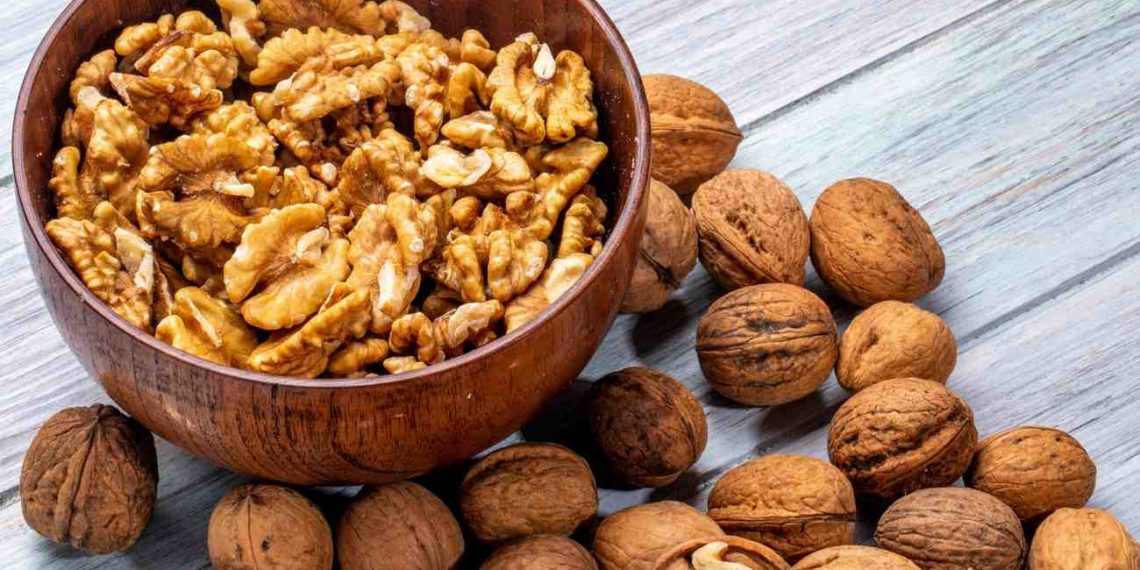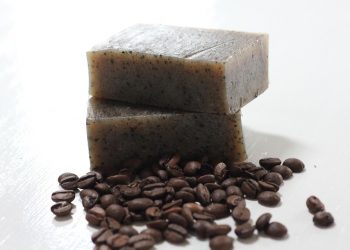Did you know that what you munch on can actually shape the environment of your gut? If you’re like me, you might think of fiber or probiotics when it comes to gut health. But let’s talk about an unsung hero: walnuts. Yes, those brain-shaped nuts have some surprising benefits for your gut microbiome. Let’s dive into five ways walnuts can enhance your gut health, backed by research and sprinkled with personal insights.
Contents
1. Packed with Polyunsaturated Fats
First off, let’s chat about the fat content. Walnuts are rich in polyunsaturated fatty acids (PUFAs), particularly omega-3 fatty acids. These aren’t just any fats; they help reduce inflammation in the gut, which is crucial for maintaining a healthy microbiome.
The Benefits
Research has shown that omega-3 fatty acids can positively influence gut health by promoting the growth of beneficial bacteria. A study published in Frontiers in Microbiology found that diets high in omega-3s can enhance the diversity of gut microbiota. More diversity means a more resilient microbiome, which is pivotal for overall health.
Real Talk
Look, I get it. Some people shy away from fats because they’ve been linked to weight gain. But let’s be real: the right kind of fats can be incredibly beneficial. Incorporating a handful of walnuts into your daily routine could be a game-changer for your gut flora.
2. A Fiber Powerhouse
Did you know that a single ounce of walnuts contains about 2 grams of fiber? While it might not sound like a lot, fiber is a key player when it comes to gut health. Soluble fiber, found in walnuts, acts as a prebiotic, feeding the good bacteria in your gut.
The Role of Fiber
Prebiotics help in the fermentation process, leading to the production of short-chain fatty acids (SCFAs) like butyrate. SCFAs are essential for gut health; they help maintain the gut barrier and reduce inflammation.
Pro Tip
If you’re looking to boost your fiber intake, consider adding walnuts to your morning oatmeal or yogurt. It’s an easy way to enhance both taste and gut health without overthinking it.
3. Antioxidant-Rich
Walnuts are not just about healthy fats and fiber; they’re also loaded with antioxidants. These little compounds combat oxidative stress in your gut, which is linked to various gastrointestinal issues.
The Antioxidant Effect
A study published in the Journal of Nutrition highlighted that walnuts contain compounds like polyphenols, which can positively influence gut bacteria. These antioxidants help neutralize free radicals, protecting your gut lining from damage.
Personal Insight
I’ve noticed that when I incorporate more antioxidant-rich foods into my diet, my digestion improves. It’s like giving my gut a protective shield. So, next time you think about snacking, consider reaching for a handful of walnuts instead of less nutritious options.
4. Supports Healthy Weight Management
It’s no secret that maintaining a healthy weight is essential for overall wellness, including gut health. Walnuts can play a role in this, thanks to their satisfying combination of healthy fats, fiber, and protein.
The Connection to Gut Health
Studies suggest that including walnuts in your diet can help with weight management by promoting satiety. When you feel fuller, you’re less likely to reach for unhealthy snacks, which can negatively impact your gut microbiome. A study from the Journal of the American Heart Association found that incorporating walnuts into your diet could lead to beneficial changes in body weight.
Keep in Mind
That said, walnuts are calorie-dense. Moderation is key. A small handful can go a long way in promoting satiety without overindulging.
5. May Reduce the Risk of Gut Disorders
Emerging research has suggested that walnut consumption may be linked to a lower risk of certain gut disorders, including colorectal cancer. While more research is needed, some studies indicate that the anti-inflammatory properties of walnuts could be protective.
The Research
A study published in Cancer Research found that diets high in nuts, including walnuts, were associated with a reduced risk of colorectal cancer. The theory is that the combination of fiber, omega-3 fatty acids, and antioxidants may work synergistically to protect against inflammation and cellular damage.
What to Consider
While the initial findings are promising, remember that diet is just one piece of the puzzle. It’s essential to adopt a well-rounded diet and consult healthcare professionals about your specific health needs.
FAQs
1. How many walnuts should I eat for gut health?
Most experts suggest a handful, or about 1 ounce (approximately 14 halves) per day, as part of a balanced diet.
2. Can walnuts help with digestive issues like bloating?
Walnuts are rich in fiber, which can help promote regularity and may alleviate some digestive discomfort. However, every individual is different, so it’s best to monitor how your body reacts.
3. Are there any downsides to eating walnuts?
While they’re generally healthy, walnuts are high in calories and fat. Overeating can lead to weight gain. If you have nut allergies or sensitivities, it’s best to avoid them.
4. What’s the best way to consume walnuts for gut health?
Raw or lightly toasted walnuts are great. You can add them to salads, oatmeal, or even smoothies for a nutritious boost.
Conclusion
So there you have it! Walnuts are more than just a tasty snack; they’re a powerhouse for gut health. From their polyunsaturated fats to fiber and antioxidants, they offer a lot of benefits that can enhance your overall well-being. And let’s not forget the weight management aspect — who wouldn’t want a snack that’s both satisfying and beneficial?
Next time you’re at the store, consider grabbing a bag of walnuts. Your gut might just thank you. Just remember, balance is key, and every little bit counts.
This article is for educational purposes only and is not a substitute for professional medical advice. Always consult a qualified healthcare provider before making changes to your health routine.
References
-
Flavahan, N. A., & Zeller, K. F. (2020). Dietary omega-3 fatty acids modulate gut microbiota and improve gut health. Frontiers in Microbiology. Retrieved from https://www.frontiersin.org/articles/10.3389/fmicb.2020.00394/full
-
Berruy, M., & Rodríguez-Ramiro, I. (2018). The Role of Nuts in a Healthy Diet: A Review. Journal of Nutrition. Retrieved from https://academic.oup.com/jn/article/148/3/337S/5037325
-
Hu, F. B., & Willett, W. C. (2011). Healthy and Unhealthy Dietary Fat and Risk of Coronary Heart Disease. Journal of the American Heart Association. Retrieved from https://www.ahajournals.org/doi/10.1161/JAHA.111.000275
Get Your FREE Natural Health Guide!
Subscribe now and receive our exclusive ebook packed with natural health tips, practical wellness advice, and easy lifestyle changes — delivered straight to your inbox.














